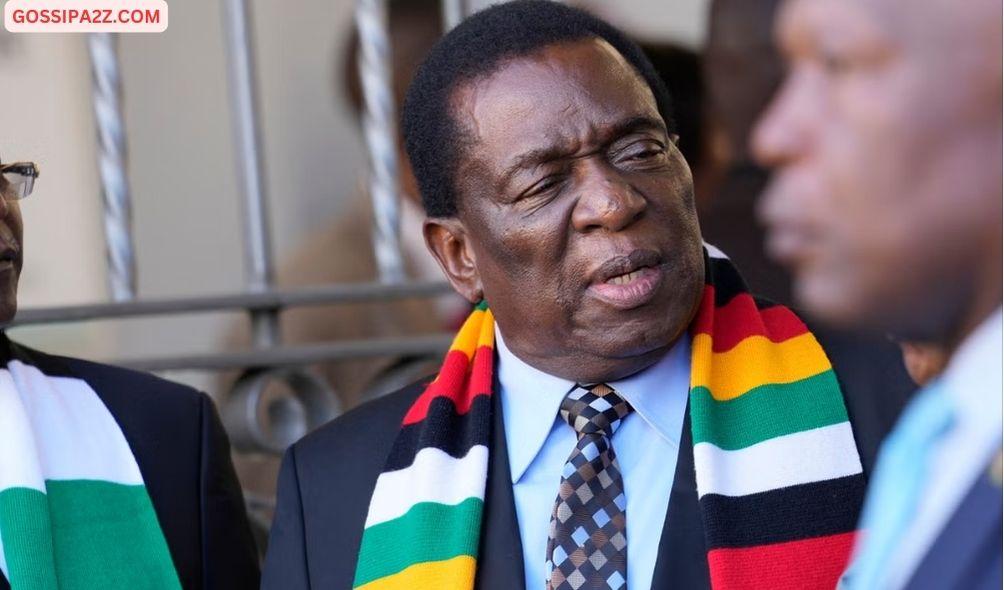Zimbabwe Ends Death Penalty Era
Zimbabwe has officially eliminated the death penalty, with President Emmerson Mnangagwa signing a law on Tuesday to convert death row sentences into prison terms. Around 60 inmates will see their death sentences commuted.
While executions had been halted since 2005, courts in Zimbabwe continued to issue death sentences for crimes like murder, treason, and terrorism. The newly enacted Death Penalty Abolition Act, published in the Government Gazette, prohibits capital punishment for all crimes. Existing death row sentences must now be replaced with jail terms.
However, the act includes a controversial clause allowing the reinstatement of the death penalty during a state of emergency.
ALSO READ:
- Former Deputy President Rigathi Gachagua Reveals the Truth Behind His Impeachment
- Guatemalan and Salvadoran Troops Land for Haiti Mission
- Puzzle as Woman Is Found Dead in Mysterious Circumstances Close to Her Home
- Cross-Border Attack: Nigerian Gunmen Kill 5 Cameroonian Soldiers in Retaliation
- The Late KNCHR Chairperson Roseline Odede’s Illustrious Career, Awards & Legacy
Amnesty International hailed the move as a “historic milestone” but called for the complete removal of the emergency clause. According to their 2023 data, 59 people were on death row in Zimbabwe. A February report by The Herald estimated that 63 inmates might need resentencing under the new law.
Currently, 24 sub-Saharan African nations have abolished the death penalty for all crimes, while two others have restricted it to extraordinary crimes, Amnesty reported.
President Mnangagwa, a vocal critic of capital punishment, has personal ties to the issue. In the 1960s, he was sentenced to death for a train bombing during Zimbabwe’s independence war, a sentence later commuted.
In 2023, only one sub-Saharan country, Somalia, conducted executions, according to Amnesty.
Zimbabwe Ends Death Penalty Era
